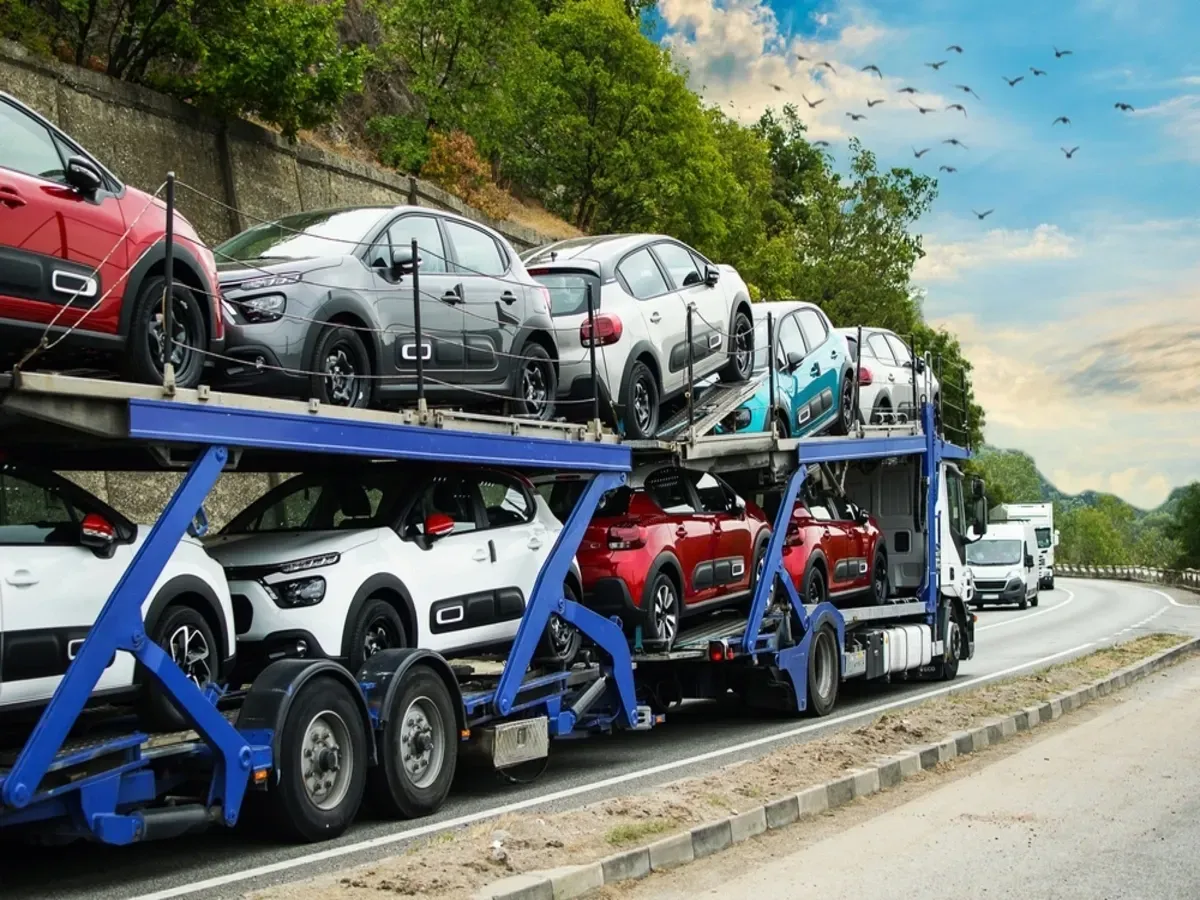Business News
China’s rare earth export curbs test India’s vehicle production, Piyush Goyal terms it 'wake-up call'
.png)
3 min read | Updated on June 10, 2025, 13:58 IST
SUMMARY
China imposed export restrictions on April 4, 2025, requiring special licenses for seven rare earth elements and finished magnets, causing delays and tightening global supply chains.

The crisis highlights over-reliance on China, which processes over 90% of global rare earth magnets, impacting EVs, two-wheelers, and ICE vehicles.
A prolonged disruption in the supply of rare earth magnets could weigh on India’s passenger vehicle production, including electric models, and slow the growth of the domestic auto industry, ratings agency Crisil said on Tuesday.
China, the world's dominant exporter of rare earth magnets, imposed restrictions from April 4, requiring special export licences for seven rare earth elements and finished magnets.
The move has led to delays in approvals and tightened global supply chains.
Rare earth magnets, low in cost but critical in function, could emerge as a key supply-side risk for India's automotive sector if China's export restrictions and delays in shipment clearances persist, Crisil Ratings said in a statement.
"The supply squeeze comes just as the auto sector is preparing for aggressive EV rollouts. Over a dozen new electric models are planned for launch, most built on PMSM platforms," Crisil Ratings Senior Director Anuj Sethi said.
Most automakers hold inventory sufficient for four to six weeks.
However, extended delays could disrupt production, particularly EV models, from July onwards, Sethi said.
Two-wheelers and internal combustion engine (ICE) vehicles could also be affected if the bottlenecks persist.
“Despite contributing less than 5 per cent of a vehicle's cost, these magnets are indispensable for EV motors and electric steering systems," said Crisil Ratings Director Poonam Upadhyay.
Automakers are actively engaging with alternative suppliers in countries such as Vietnam, Indonesia, Japan, Australia, and the US, while also optimising existing inventories, she noted.
India imported over 80% of its 540 tonnes of rare earth magnets from China in the last fiscal year. As of end-May, around 30 import applications had been endorsed by the Indian government, but none had received Chinese approval or been shipped.
The requirement for detailed end-use declarations and assurances that goods will not be used in defence or re-exported to the US has extended clearance times to at least 45 days, Crisil said.
The automotive sector’s reliance on just-in-time inventories, a strategy that held firm during the pandemic for magnets, unlike semiconductors, is now under pressure. Unlike chips, which have a diversified supply base, over 90% of global rare earth magnet processing is concentrated in China.
To address the crisis, the government and automakers are focusing on two fronts: short-term inventory management and supplier diversification, and long-term efforts to boost local production and recycling under the Production-Linked Incentive (PLI) scheme.
Commerce Minister Piyush Goyal said on Monday that India is pursuing diplomatic channels with China and supporting Indian Rare Earths Limited in boosting domestic production.
“It’s a wake-up call for those over-reliant on certain geographies. It's a wake-up call for the whole world that you need trusted partners in your supply chain,” Goyal told reporters in Bern.
Maruti Suzuki India, the country’s largest carmaker, said it has not seen any impact on production so far.
“There is no impact at the moment,” Chairman R C Bhargava told PTI, adding that approvals for magnet shipments were still pending, but production was proceeding as planned.
Japan’s Suzuki Motor has suspended production of its Swift model due to the shortage.
Industry executives say China’s new regulations demand an end-user certificate approved by the Indian government and accepted by Chinese authorities. Several domestic suppliers have submitted documents through local vendors, but no licences have yet been issued.
Rare earth elements such as samarium, gadolinium, terbium, dysprosium and lutetium are used in electric motors, braking systems, smartphones, and missile technology. They are also essential in hybrids and ICE vehicles for electric steering and other motorised components.
Experts say alternative magnetic materials are not yet viable for large-scale automotive use, and recycling volumes remain insufficient.
By signing up you agree to Upstox’s Terms & Conditions
About The Author
Next Story

